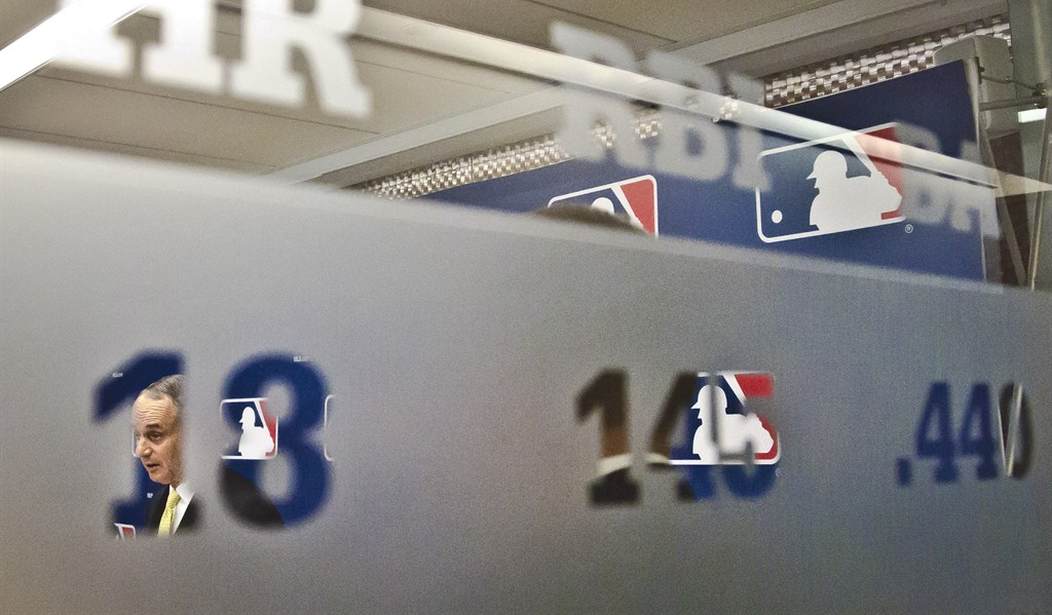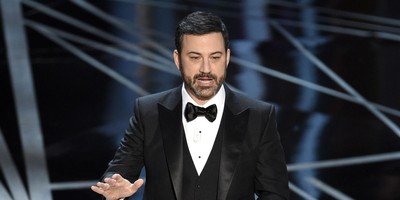When my mother and father and siblings and I took our seats in the left field bleachers at Candlestick Park that afternoon, it seemed like a great day for baseball.
The temperature was pleasant and the sun was shining through a clear blue sky.
My primary hope, as I recall, was to see Willie Mays or Willie McCovey -- or maybe both of them -- hit home runs that day. What I did not want to see was Hank Aaron hit one.
What transpired was something quite different than I had expected.
This was Sunday, July 3, 1966. The biggest news in sports that week seemed to be about Yankees slugger Mickey Mantle. Including the game he played that day in Washington, D.C., Mantle had hit eight home runs in six games, which the July 4 edition of the New York Daily News described as "the hottest home run tear in the history of big league baseball."
The San Francisco Giants were in first place in the National League at that point in the season, leading the Pittsburgh Pirates by three games and the hated Los Angeles Dodgers by five and a half. Their opponent, the Atlanta Braves, had a losing record and were 15 games back.
Joe Gibbon, picked up in a preseason trade from the Pittsburgh Pirates, was the starting pitcher for the Giants that day. Tony Cloninger, who had won 24 games the year before, started for the Braves.
In those days, there was no such thing as a designated hitter, and the pitcher almost always batted last in the order. Thus, it seemed unlikely that Cloninger would get to bat in the first inning. This seemed especially true after two of the first three hitters that the Braves sent to the plate made outs. Felipe Alou, the leadoff hitter, flied out to second base, as reported in the play-by-play of the game posted by the Baseball-Reference.com website. Mack Jones then singled for the Braves, but Hank Aaron promptly hit a ground ball to second base, which resulted in Jones being forced out at that base and Aaron arriving safely at first. Rico Carty then hit a single to right field, sending Aaron to third.
Recommended
Joe Torre now came to bat -- with two outs. He hit a three-run homer.
Gibbon then gave up a single to Frank Bolling and another to Woody Woodward, which sent Bolling to third, according to Baseball-Reference.com.
Herman Franks, the Giants manager, then replaced Gibbon with reliever Bob Priddy -- who walked Denis Menke to load the bases.
Unfortunately for the Braves -- or so it seemed -- they now had to send their pitcher, Cloninger, to the plate.
Priddy took Cloninger to a three-two count, according to a report on the game by the Associated Press. Had Priddy thrown another ball, he would have forced in the runner from the third. But that is not what happened. He threw a pitch that Cloninger hit.
A UPI story described where that hit went: "The ball carried some 400 feet over the right center field fence where Willie Mays fell against the wire trying for a miracle catch."
Felipe Alou then came to bat for the second time in the first inning and made the third out, according to Baseball-Reference.com. The game went to the bottom of the first with the Braves leading 7-0.
Cloninger then faced only three batters in that inning, getting Willie Mays to ground into a double play. In the top of the second, the Braves picked up another run, when left fielder Rico Carty hit one over Willie Mays -- and the center field fence.
With two outs in the top of the third, the Giants replaced Priddy on the mound with reliever Ray Sadecki.
The score stayed at 8-0 until the top of the fourth. Then, with one out and Carty at second and Joe Torres at first, Braves second baseman Frank Bolling hit a single into left field, scoring Carty -- making the score 9-0, according to Baseball-Reference.com. Shortstop Woody Woodward then flied out to the shortstop, and third baseman Denis Menke then took a walk to load the bases.
Tony Cloninger was up again. What did he do? A repeat.
"The second grand slam came in the fourth, a drive down the right field line off lefty Ray Sadecki," reported UPI.
"Both came on fast balls," Cloninger said about his two grand slams while talking to reporters in the locker room after the game, the UPI reported. "I was just trying to meet the ball and drive in a couple of runs."
Cloninger got another RBI in the top of the eighth, when he hit a single to left field to score Woodward from third.
"Cloninger Sunday became the first National League player ever to hit two grand slam home runs in one game as the Braves humbled the league-leading San Francisco Giants, 17-3," The Atlanta Constitution reported the next day. "He also had a scoring single for nine runs batted in during the game, most by a Brave this season and most ever by a major league pitcher."
The great Hank Aaron did smack a solo home run in the fifth inning of this game.
But it was a pitcher who made history as a hitter that day.

























Join the conversation as a VIP Member